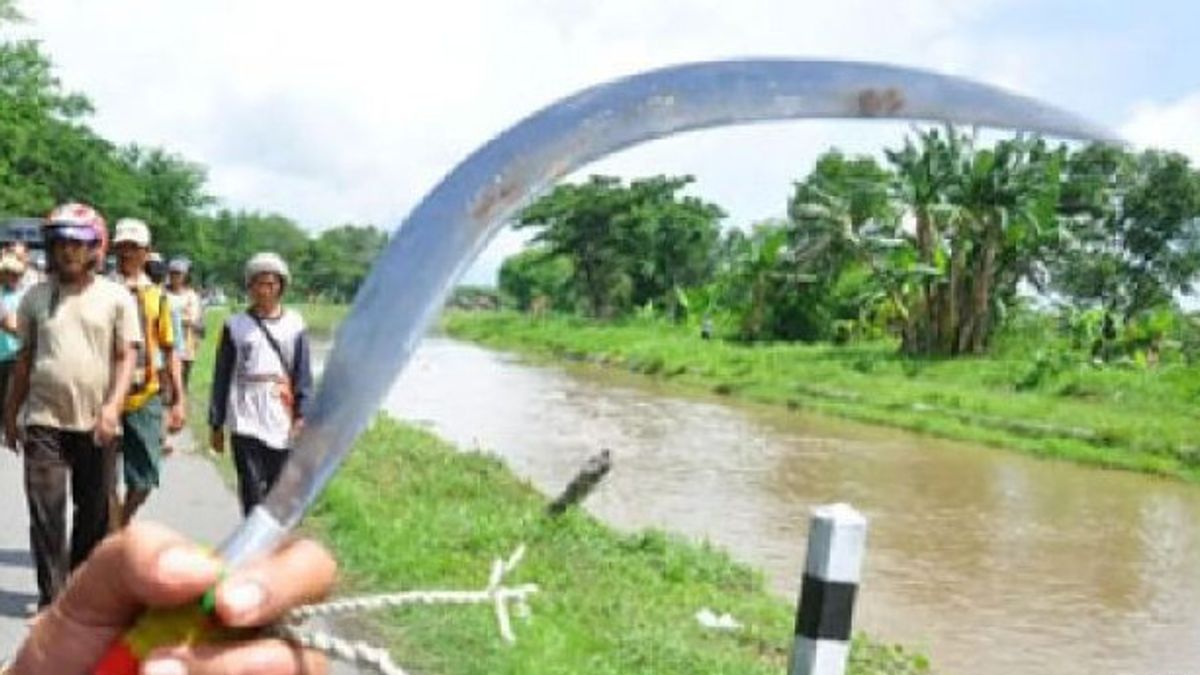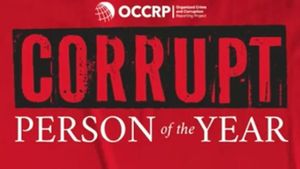JAKARTA Madura's carok culture has become a hot topic of conversation lately. Carok is a culture that has been going on for a long time, but according to sociology experts, in certain contexts Carok is not in line with state law.
The carok culture was discussed again following the incident that occurred in Bumianyar Village, Tanjung Bumi District. Brothers with the initials H (39) and M (30) are known to have been arrested by the Bangkalan Resort Police (Polres) in East Java on Friday (12/1/2024).
The two of them became suspects in the deadly carok incident that killed four people, namely Matterdam, Mattanjar, Najehri, and Hafid.
For information, the mass carok that killed four people in Bangkalan Regency is the second time this has occurred on Madura Island in the last 18 years. A similar case occurred in Pamekasan Regency in 2006.
Seven people were killed and nine others injured as a result of a mass carok in Bengah Tengah Village, Batumarmar District, Pamekasan Regency at that time. At that time, the carok incident was triggered by fighting over the land of Percaton.
Reflecting on the case, now many people are wondering about Carok and why it is a tradition from Madura.
Carok is a tradition that is inherent in the Madura community. Carok is a tradition in which someone tries to maintain his self-esteem and family, for other people who want to harass their wife or child.
Carok culture itself was once stated in a short film with the title 'Carok' in 2018. The film, directed by Ivan Poetra, tells the story of the tradition of fighting lives in Madura and using local languages in its dialogue.
According to University of Indonesia (UI) sociologist Ida Ruwaida, it has become common knowledge, especially in Indonesia, that Carok is part of the Madura ethnic culture. He said similar practices were also found in Bugis which is known as Siri culture.
"The principle is to prioritize'self-esteem' or'reflection', which is usually at the level of family or community," Ida told VOI.
Ida said that caroks are usually triggered by treatment that is considered embarrassing, demeaning, or harassing families and communities.
In the case that recently occurred in Bangkalan, this mass carok incident began when one of the perpetrators reprimanded one victim while going to a tahlilan place in his village. However, the victim did not accept it and immediately got angry by approaching the suspect. The two of them got into an argument and challenged the perpetrator to fight one by one.
However, referring to what happened last week, Ida assessed that the carok culture in a certain context is not in line with state law.
"Because of any form of violence, let alone to the point of killing other parties, of course they will face the law," Ida explained.
Ida added that it is necessary to take legal action so that there is no justification that acts of violence occur is due to tradition. It does not rule out the possibility that there are parties who commit acts of violence, then act like Alibi because of culture, even though the perpetrators use or take shelter behind tradition or culture.
"Because it is necessary to be careful about mentioning the existence of a violent culture," he said.
Sociologist from Trunojoyo University Madura (UTM), Mutmainnah also highlighted the term mass carok that had just occurred in Bangkalan and killed four people. According to him, this incident cannot be called a carok.
According to him, the real meaning of carok is one-on-one fighting using sharp weapons and the weapon used is sickles.
Mutmainnah tried to straighten out this mass carok. He emphasized that the carok was a one-on-one duel in the sarong with each wearing a sickle. It was actually said that Mutmainnah really had lives because it was only done in the sarong greeting.
But now it seems that it has a shift in meaning and has become a free fight. So that those who fight can attack when the enemy is careless.
"I don't think it's a carok already, it's murder. It's the same as us usingMINArs, pistols, or other sharp objects. That's a very basic change," he said.
Equitable education can actually eliminate carok culture. But in reality, the carok culture is not really gone. There are still many highly educated Madurese people solving problems through carok, because this method is considered the most male way.
Even so, Mutmainnah acknowledged, the day after which problem solving in Madura is increasingly rare, although it is not completely lost.
"The community keeps the culture of violence and is sustainable. But compared to when I was a child, it has decreased a lot. In the past, almost every day people saw people stunned because their body parts were cut, their blood was scattered. Now it's very rare to see that," he said.
Apart from the Carok culture that is claimed to have begun to be abandoned, acts of violence and crime in society are still common. One example is the occurrence of brawls between villages, which even occur in big cities such as Jakarta.
SEE ALSO:
Ida Ruwaida explained that acts of violence and crime in society are still happening today because they are motivated by many factors.
"There are many factors that lead to violence and crime in society, both at the micro level (individuals, related to character), social relations (social relations patterns between citizens/individuals), and macro (flavor of justice, application of weak law, issues of inequality, value of solidarity that is getting fading, and others)," said Ida ending.
The English, Chinese, Japanese, Arabic, and French versions are automatically generated by the AI. So there may still be inaccuracies in translating, please always see Indonesian as our main language. (system supported by DigitalSiber.id)














